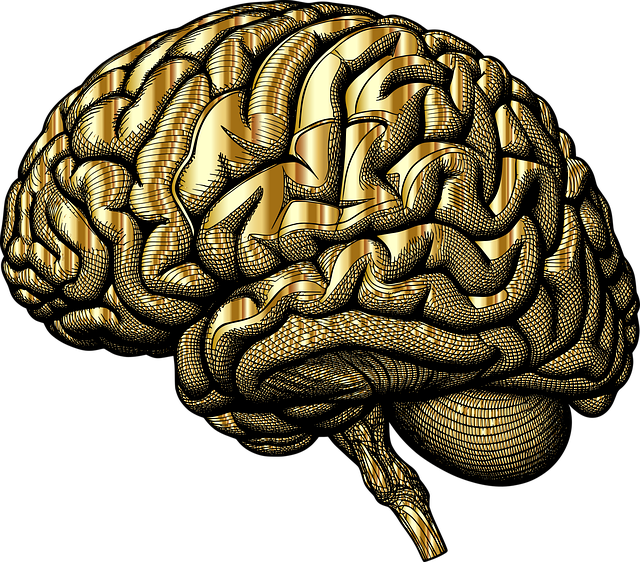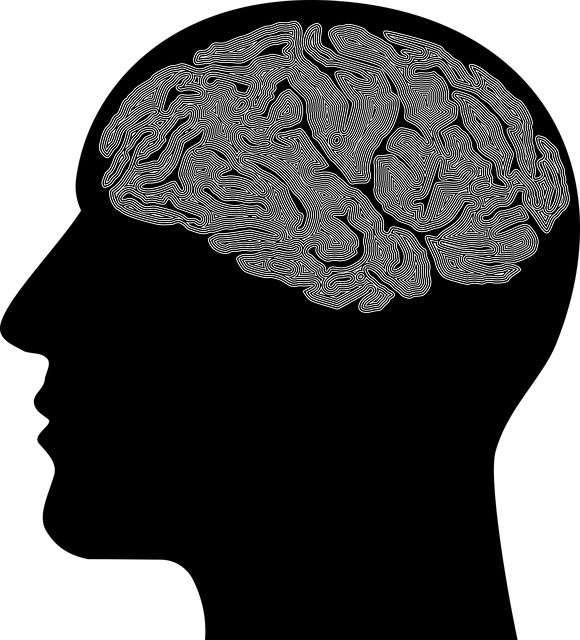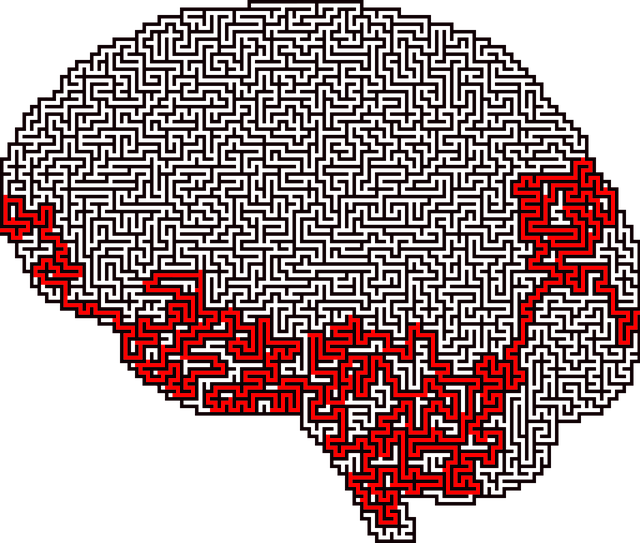Longmont Chronic Pain Therapy centers are revolutionizing mental illness diagnosis and treatment through innovative strategies. By integrating emotional intelligence, social skills training, and evidence-based techniques, they improve diagnostic accuracy for chronic pain conditions often comorbid with psychological disorders. Community outreach programs foster holistic understanding and dispel stigma, empowering individuals to seek help without judgment. Techniques like Compassion Cultivation and Cultural Competency Training enhance assessments and inclusivity. Open communication, self-care practices, and mindfulness reframe negative thoughts, cultivating positive mindsets crucial for effective chronic pain management in Longmont.
Mental illness diagnosis accuracy is paramount for effective treatment and improved patient outcomes. However, challenges like subjective symptoms and comorbidities often hinder precise identification. This article explores efforts to enhance diagnostic accuracy through innovative techniques and supportive ecosystems. We highlight Longmont Chronic Pain Therapy as a leading example, focusing on their precision-driven approach. By combining advanced methods with compassionate care, initiatives like these aim to revolutionize mental health diagnosis, ensuring better lives for those seeking help.
- Understanding the Challenges of Mental Illness Diagnosis
- Longmont Chronic Pain Therapy: A Focus on Precision and Care
- Innovative Techniques to Enhance Diagnostic Accuracy
- Building a Supportive Ecosystem for Improved Patient Outcomes
Understanding the Challenges of Mental Illness Diagnosis

Mental illness diagnosis is a complex process fraught with challenges, especially when dealing with conditions like chronic pain that often co-occur with other psychological disorders. Longmont Chronic Pain Therapy centers recognize this intricate interplay and are at the forefront of innovative approaches to enhance diagnostic accuracy. The journey towards more precise evaluations involves a multifaceted strategy.
One key aspect is integrating emotional intelligence into assessment methods. By recognizing and understanding an individual’s emotional responses, therapists can gain valuable insights into their mental state. Additionally, social skills training has proven effective in identifying subtle cues that may indicate underlying issues. These efforts are further amplified by community outreach program implementations, ensuring a holistic understanding of mental health within diverse populations.
Longmont Chronic Pain Therapy: A Focus on Precision and Care

In Longmont, a growing focus on Longmont Chronic Pain Therapy is transforming care for those grappling with chronic pain conditions. This precision approach prioritizes an individualized understanding of each patient’s unique experience, moving beyond one-size-fits-all solutions. By integrating advanced assessment techniques and evidence-based treatment modalities, healthcare professionals are enhancing diagnostic accuracy and developing tailored plans that address the complex interplay of physical, emotional, and psychological factors contributing to chronic pain.
Efforts in Longmont Chronic Pain Therapy not only aim to alleviate suffering but also to dispel the mental illness stigma that often surrounds chronic pain conditions. Through public awareness campaigns and collaborative initiatives, the community is fostering an environment where chronic pain is recognized as a legitimate health concern deserving of empathy and understanding. This shift in perspective empowers individuals to seek help without fear of judgment, ultimately enhancing access to effective depression prevention strategies and supportive care for those affected by chronic pain.
Innovative Techniques to Enhance Diagnostic Accuracy

In the quest to enhance mental illness diagnosis accuracy, innovative techniques are emerging as powerful tools. Longmont Chronic Pain Therapy centers are at the forefront of this evolution, integrating advanced practices like Compassion Cultivation to foster a deeper understanding of patients’ experiences. By cultivating empathy and self-awareness among healthcare providers, these techniques enable more nuanced assessments, capturing subtleties that traditional methods might miss.
Complementing such practices is Healthcare Provider Cultural Competency Training, which addresses the impact of cultural biases on diagnosis. This training equips professionals with the skills to navigate diverse patient backgrounds, ensuring inclusive and accurate evaluations. Additionally, Risk Management Planning for Mental Health Professionals plays a crucial role in mitigating potential risks associated with diagnoses, enhancing overall accuracy and patient safety within mental health services.
Building a Supportive Ecosystem for Improved Patient Outcomes

Creating a supportive ecosystem is paramount for enhancing patient outcomes in the context of mental illness diagnosis and treatment, especially for conditions like chronic pain in Longmont. This involves fostering an environment that encourages open communication between patients, healthcare providers, and support systems. By implementing strategies such as group therapy sessions or community outreach programs, individuals grappling with mental health challenges can gain valuable insights and coping mechanisms from their peers. Such initiatives not only promote understanding but also reduce the stigma often associated with seeking help for mental illnesses.
A crucial aspect of this ecosystem is integrating self-care practices and stress management techniques. Encouraging patients to adopt healthy habits, including regular exercise, mindfulness practices, and effective sleep hygiene, empowers them to take control of their well-being. Mind over matter principles can be taught to help individuals reframe negative thoughts and cultivate a positive mindset, which is essential for managing chronic pain and improving overall mental health. This holistic approach ensures that patients receive comprehensive support tailored to their unique needs.
Mental illness diagnosis accuracy has seen significant strides with advancements in techniques, like those exemplified by Longmont Chronic Pain Therapy, focusing on precision and care. Innovative approaches, such as integrating advanced technology and comprehensive patient evaluation, further enhance diagnostic reliability. Building a supportive ecosystem that encourages open dialogue and access to specialized services is crucial for improving patient outcomes and fostering better mental health management.














